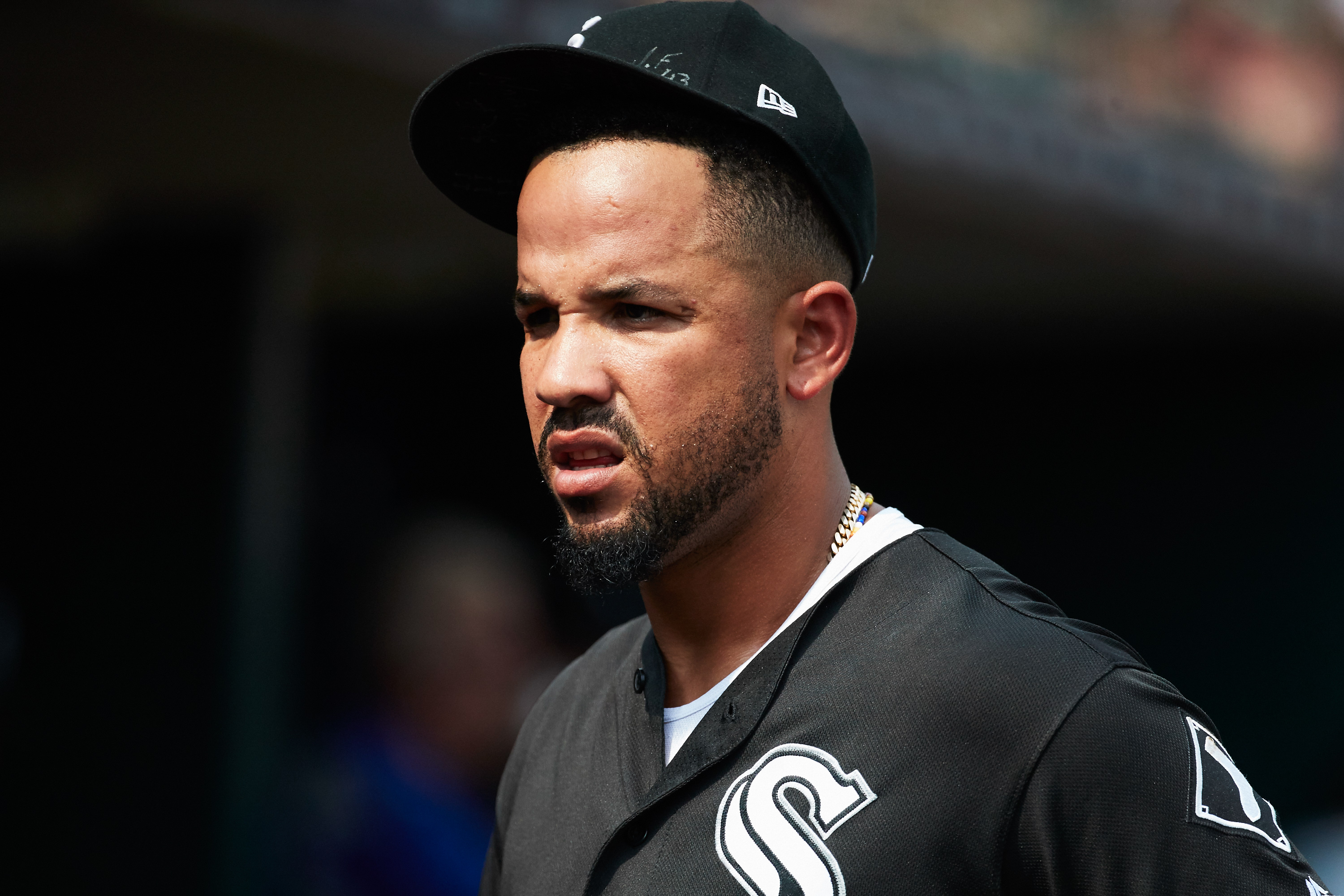It feels like we’ve been anticipating Jose Abreu’s downfall for most of his career.
That isn’t exactly hyperbole. Even after he burst onto the season with a Rookie of the Year-winning performance in 2014, as a large-bodied, plodding first baseman already in his late 20s when he got to America, it has always felt as if we were playing with house money, trying our best to enjoy the brilliance of Abreu before his body and skill set eventually deteriorated beyond repair.
At the same time, his unwavering consistency during the first four years of his career made it so that we almost came to take him for granted. Particularly as the White Sox transitioned from wannabe contenders into a rebuild, as his old running mates were sent elsewhere and the spotlight transferred to the exciting youth of the likes of Tim Anderson, Yoan Moncada, and Carlos Rodon, we always knew Abreu was going to be there, producing in the middle of the lineup and providing veteran mentorship just like he has for the better part of the last half decade.
Abreu’s star actually shined brighter at certain times in 2018 than at any point since that memorable rookie season. For two months, he was the best first baseman in the American League. He rode that hot start to a starting spot for in the All-Star Game, an almost unfathomable accomplishment when you consider how otherwise irrelevant the White Sox have been on the national scene not just this season but during his entire career.
It was also notable because that midsummer break took place amid what was the worst slump of his entire career. After two months of hitting like someone who absolutely deserved to start an All-Star game — .298/.360/.522 with nine homers through the end of May — Abreu went on to hit .196/.246/335 from the start of June until the All-Star Break. It was a jarring turn of events for a player whose career has been so defined by consistency.
He rebounded from a statistical perspective, but the prolonged slump was enough to drag his final stats down to numbers that aren’t necessarily bad, but pretty much across the board the worst of his career. To make matters worse, he was sidelined for two different spells, one after needing surgery to repair testicular torsion, and another that required hospitalization for a thigh infection that eventually ended his season.
For the first time in his White Sox career, Abreu showed vulnerability in 2018. And while the good thing about his injuries — as horrendously painful as they sound — is that they’re not exactly the type of back/leg injuries that often befall aging sluggers, it gave us a glimpse for the first time in five years of life without Abreu. At 32 years old by the start of 2019, his position with the long-term future of this team is uncertain, but there’s little doubt even despite a precarious season that the White Sox are better with Abreu — both for his run producing and his mentorship — than without.
Lead Photo Credit: Rick Osentoski-USA TODAY Sports
